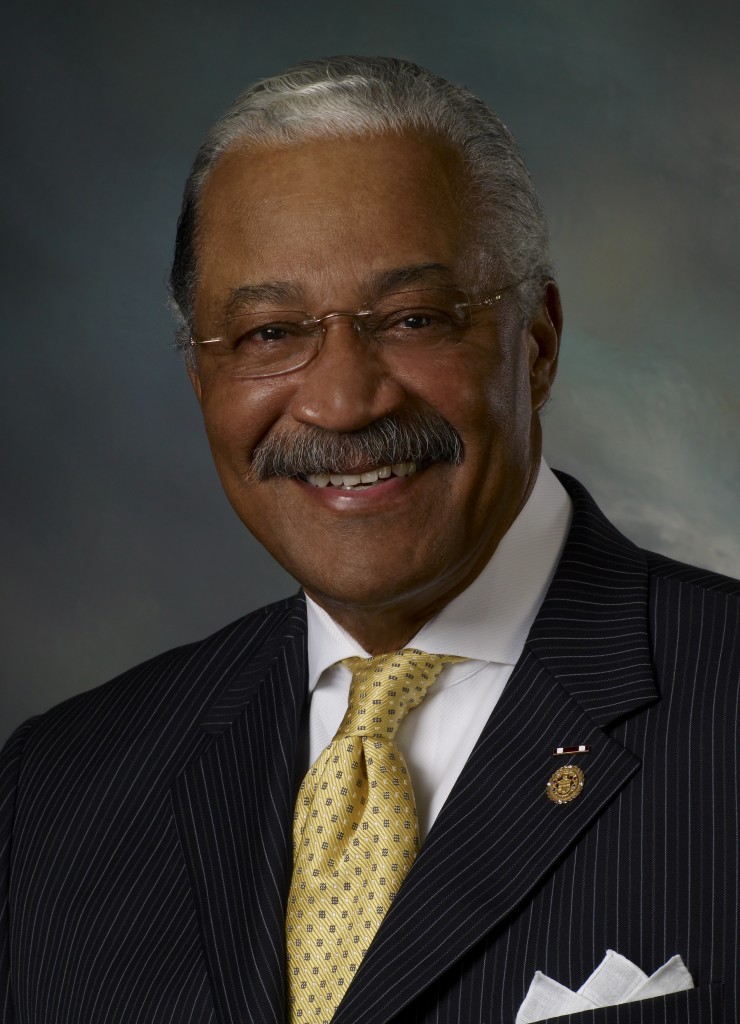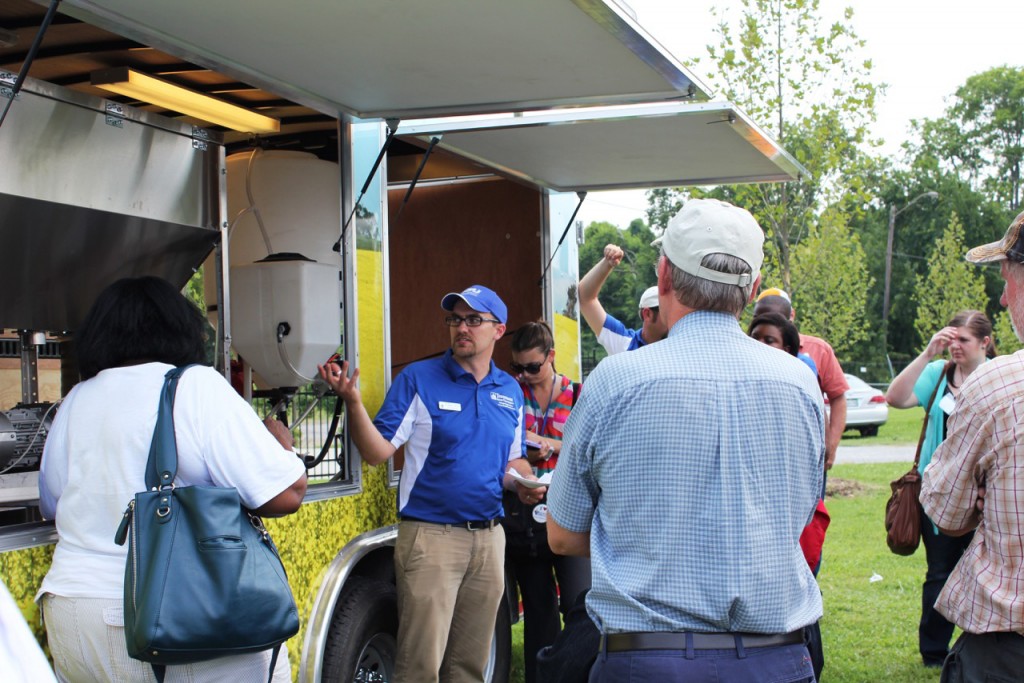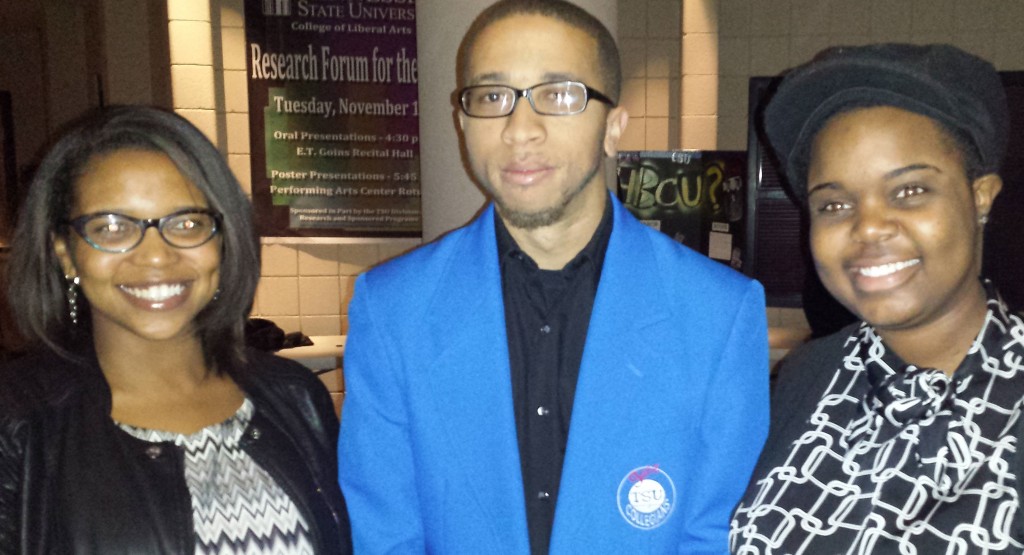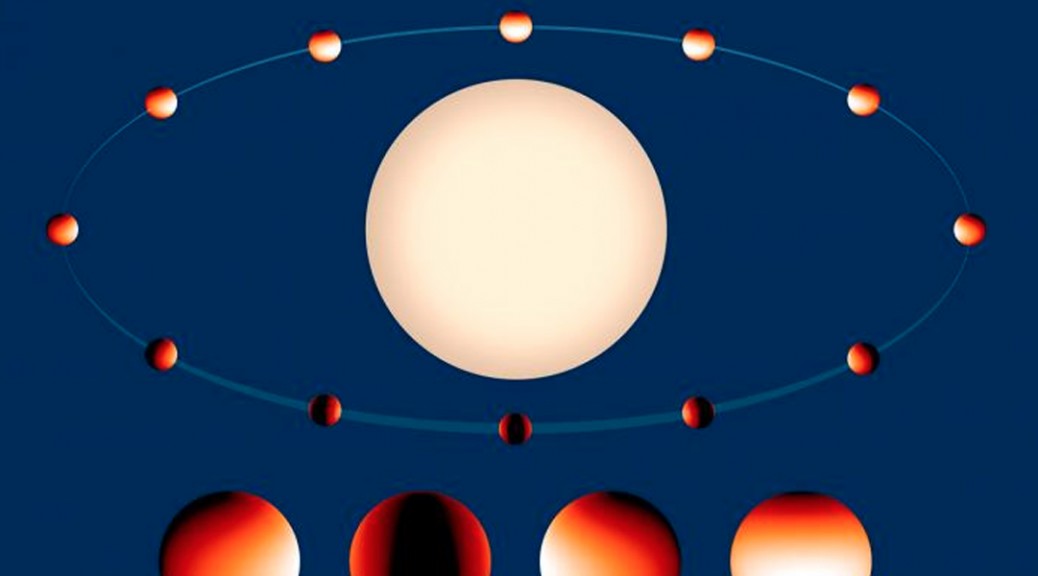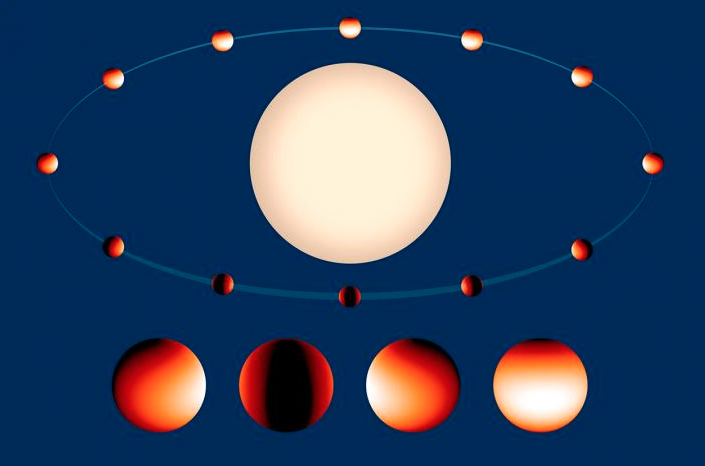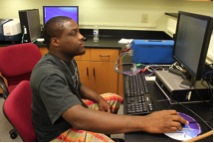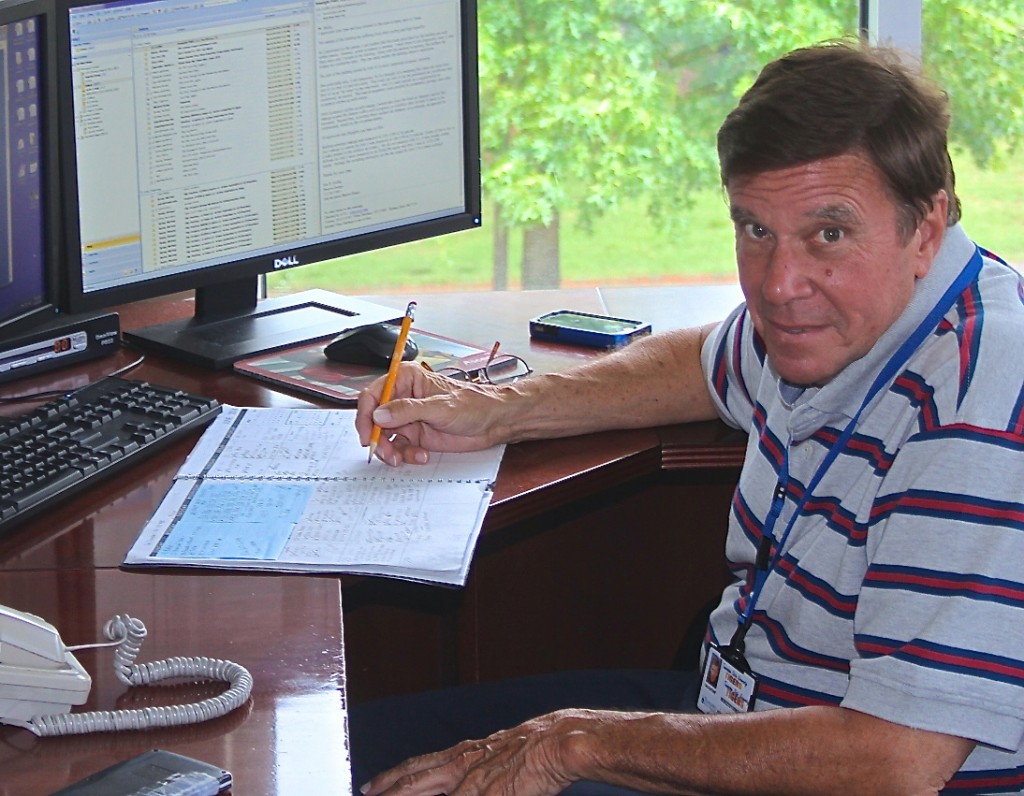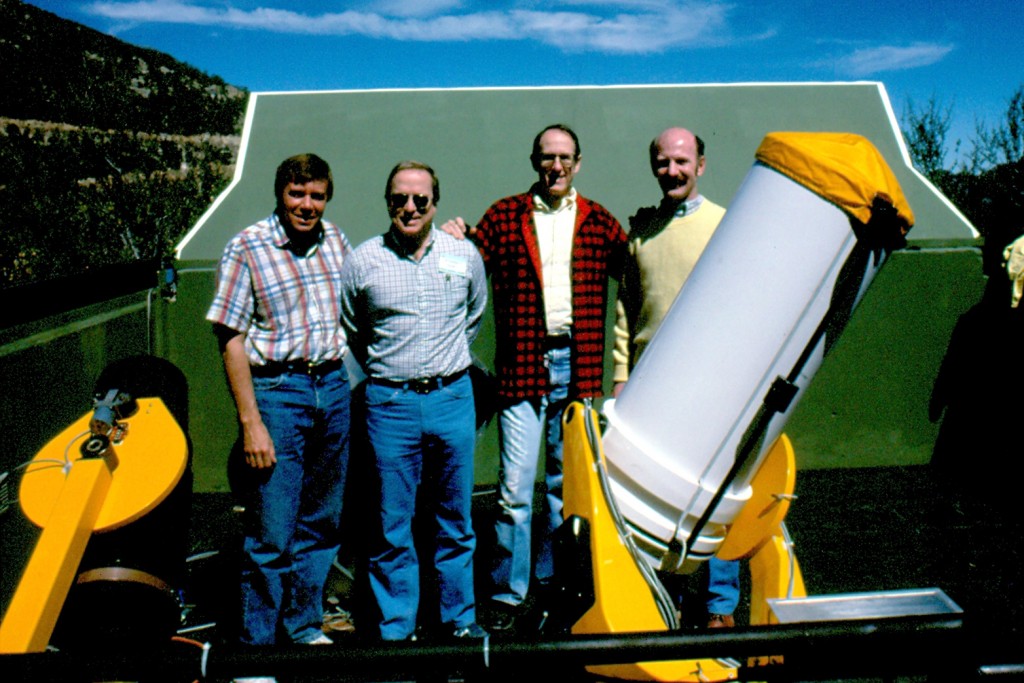Noted molecular geneticist Dr. Georgia M. Dunston to deliver Symposium keynote address
NASHVILLE, Tenn. (TSU News Service) – Every year, Tennessee State University students present their best works of exploration, research and invention to fellow students, faculty and the community at the Annual University-Wide Research Symposium. Now in its 37th year, the symposium will take place at the University March 30 – April 3.
Since 1979, TSU has held an annual research symposium – a University forum to recognize and commemorate excellence in student and faculty research, largely science, engineering, business and humanities disciplines, and a platform for students to present findings from ongoing and developed research to gain exposure and experience as either oral or poster presenters in an evaluative setting. The symposium serves as a foundation to provide students with authentic experiences in presenting their research before advancing to regional, national and international research symposia, and before beginning early years as professionals in life-long careers and disciplines.
The symposium is comprised of a week of interdisciplinary presentations by students and faculty members with students seeking competitive awards for their deliberative innovation that showcases the research process from laboratory to solution.
Continually themed “Research: Celebrating Excellence,” the symposium will be divided into oral presentations and poster presentations. This year, 143 graduate and undergraduate oral and poster presentations are expected to take place, along with 23 faculty oral and poster presentations.
Oral presentations will take place throughout the week in the Research and Sponsored Programs Building, Room 161,163 and 209. Poster presentations will take place in the Jane Elliot Hall Auditorium, Tuesday, March 31 through Thursday, April 2. Judging for poster presentations is scheduled to take place Thursday, April 2 from 9 until 11 a.m. for graduate posters, and 1until 3 p.m. for undergraduate posters.
Dr. Georgia M. Dunston, noted molecular geneticist, will be the featured keynote speaker officially opening the Symposium Monday, March 30 beginning at 2 p.m. in the E.T. Goins Recital Hall, located in the Performing Arts Center on the main campus. The keynote address is free and open to the public.
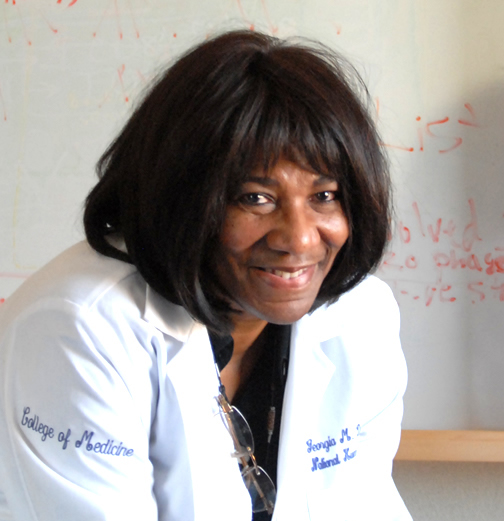
Dr. Dunston is the founding director of the National Human Genome Center (NHGC) at Howard University, and the director of the Molecular Genetics in the NHGC. The National Human Genome Center is a comprehensive resource for genomic research on African Americans and other African Diaspora populations, distinguished by a diverse social context for framing biology as well as the ethical, legal, and social implications of knowledge gained from the human genome project and research on genome variation.
Other events taking place during the week include:
Monday, March 31
Division of Nursing Research Day
7:30 am – 1 pm
James E. Farrell – Fred E. Westbrook Building, room 118
Poster Sessions, Luncheon Speaker and Awards Ceremony
Oral Presentations:
9 am – 12:15 pm Graduate Engineering I, RSP 163
9 am – 12:15 pm Graduate Sciences I (Human, Life, Natural and Physical), RSP 209
2 pm Opening Ceremony and Plenary Session
E.T. Goins Recital Hall, Performing Arts Center Symposium Keynote Address by Georgia M. Dunston, Ph.D.
Tuesday, March 31
Oral Presentations:
9 am – 12:15 pm Graduate Engineering II, RSP 209
9 am – 12:15 pm Graduate Sciences II (Human, Life, Natural and Physical), RSP 163
1 pm – 4 pm Graduate Sciences III (Human, Life, Natural and Physical), RSP 163
1 pm – 4 pm Graduate Sciences IV (Human, Life, Natural and Physical), RSP 161
Psychology Research Day
2:30 pm
James E. Farrell – Fred E. Westbrook Building, 118
Oral and Poster presentations, Speaker and Awards
Wednesday, April 1
Oral Presentations:
9 am – Noon Graduate Sciences V (Human, Life, Natural and Physical), RSP 163
9 am – 12:15 pm Undergraduate Engineering, RSP 161
9 am – 11:45 am Undergraduate Sciences (Human, Life, Natural and Physical), RSP 209
Thursday, April 2
Poster Presentations:
Posters will be displayed in the Jane Elliott Hall Auditorium – March 31 – April 2
9 am – 11 am Faculty Poster Session, Jane Elliott Hall Auditorium
9 am – 11 am Graduate Poster Session and Judging, Jane Elliott Hall Auditorium
1 pm – 3 pm Undergraduate Poster Session and Judging, Jane Elliott Hall Auditorium
Friday, April 3
Oral Presentations:
9 am – 11:30 am Faculty, RSP 163
Noon – 2 pm Awards Luncheon and Closing Ceremony
James E. Farrell-Fred E. Westbrook Building, 118
Luncheon, Student and Research Mentor Awards, $1million Research Club Award
Speaker: Amos L. Otis, Founder, President and CEO, SoBran Inc.
For more information on the Research Symposium, visit www.tnstate.edu/research or contact Nannette Carter Martin, co-chair at 615.963.5827, or Tamara Rogers, co-chair at 615.963.1520.
RELATED
Georgia Dunston Featured Symposium Keynote Speaker
Sobran CEO Amos L. Otis Featured Speaker to Close Out Research Symposium April 3
Tennessee State University
3500 John Merritt Boulevard
Nashville, Tennessee 37209
615.963.5331
About Tennessee State University
With more than 9,000 students, Tennessee State University is Nashville’s only public university, and is a comprehensive, urban, co-educational, land-grant university offering 42 undergraduate, 24 graduate and seven doctoral programs. TSU has earned a top 20 ranking for Historically Black Colleges and Universities according to U.S. News and World Report, and rated as one of the top universities in the country by Washington Monthly for social mobility, research and community service. Founded in 1912, Tennessee State University celebrated 100 years in Nashville during 2012. Visit the University online at tnstate.edu.

